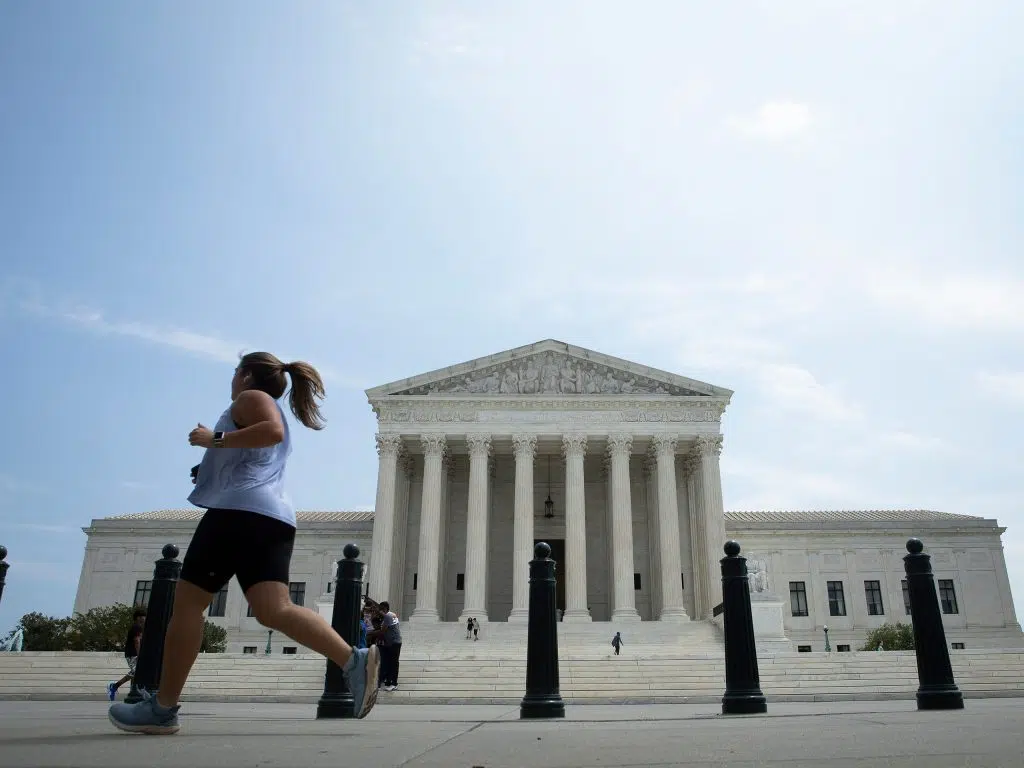If this presidential campaign isn’t the strangest race for the White House ever, it will do until a stranger one comes along — and I’m in no hurry for that. With good reason, many Americans are asking what went wrong with the system that it should have come to this. The question needs an answer — and effective remedies too — before the election of 2020 rolls around.
Meanwhile, we must make it through the election of 2016 with the campaign as it is, which is to say strange to the point of bizarre. Its strangeness resides in at least two related things: first, the candidates; then, the manner in which the campaign is unfolding.
Of course both candidates have their committed defenders, and no doubt I will hear from some of these for what I’m saying now. But both of the candidates are — as Philadelphia Archbishop Charles Chaput put it in a classic understatement — notably “problematic,” though obviously in different ways. Problematic, moreover, to a degree that suggests neither of them is qualified to hold the office of president.
It hardly needs saying that this raises a serious problem for conscientious voters. The problem is seemingly — but only seemingly — solved by limiting the criteria for choice to one or two issues. But doing that, even when the issues are important ones, is arguably to indulge in a form of reductionism that robs the question of its genuine complexity, which includes the predictable but largely ignored foreign and domestic crises the next president almost certainly will face.
In circumstances like these, what are voters who want to do the right thing supposed to do? For what it’s worth, here are two possibilities.
One defensible line of reasoning is along these lines: since both options for choice are bad, the correct thing to do is to choose neither. In this case, don’t vote for anyone for president.
A second defensible approach is to do one’s best to decide which candidate would do less harm than the other, then, vote for that one. Yes, there’s no way of knowing for sure who would do less harm. But life is often like that. The best you can do is seek out reliable information (avoid cable news pundits and ideological blogs), practice thoughtful, prayerful deliberation, and on that basis make your choice.
With the first of three potentially crucial presidential debates fast approaching Sept. 26, the campaign also is strange for the way it’s so far taken shape.
The discussion of issues has not been totally abandoned. But up to this point it’s been largely swept aside in the media, its place usurped by seemingly insatiable fascination with the candidates’ personal weaknesses and with the name-calling that feeds the sour enjoyment of unpleasantness called “schadenfreude.”
The media piously deplore all this while day after day reinforcing it. No one ever accused an American political campaign of being too genteel, but this one is remarkable for a nastiness that appears to reflect the sneering, snarling atmospherics of the brave new world of social media in which it’s taking place.
Next January, regardless, we’ll have a new president. Whoever it is, he or she will come to the Oval Office mistrusted and disliked by a large number of Americans. Yes, to some extent we’ve been here before —after all, the election of Abraham Lincoln was the cue for a war. But no one remotely resembling Lincoln is running this year. If that doesn’t worry you, maybe it should.
Shaw is a freelance writer from Washington and author of American Church: The Remarkable Rise, Meteoric Fall, and Uncertain Future of Catholicism in America (Ignatius Press).


